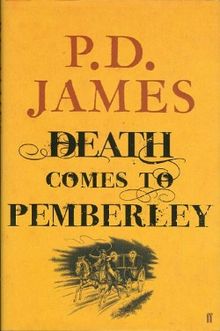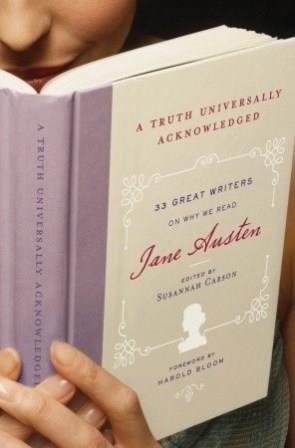
This book opens with so much praise from critics that it’s initially a challenge to find where the story begins.
It is recommended by newspapers from Britain, Australia and New Zealand, magazies including ‘Saga’ and ‘Good Housekeeping’, and it was part of Richard and Judy’s Book Club, and it was shortlisted for the 2007 Man Booker Prize. In some respects, that makes this a daunting read. Not because I think it will be too worthy or challenging, but because I always suspect I will be disappointed when a book is so massively hyped up. How can it possibly be as good as these thirty million people are suggesting? My inner sceptic folded its arms as I started to read.
What’s it about?
‘Everyone called him Pop Eye. Even in those days when I was a skinny thirteen-year-old I thought he probably knew about his nickname but didn’t care. His eyes were too interested in what lay up ahead to notice us barefoot kids.’
The first paragraph immediately illuminates several key points. This is a retrospective narrative told by a maturing teenager, suggesting that to some extent we will follow her emotional development. We are introduced to a central character, whose nickname makes him seem strange but whose description hints at untold wisdom. Perhaps he will be some kind of mentor for the narrator. There is a sense of us and them which deepens when the reader learns that Pop Eye (or Mr Watts) is a rarity who quickly becomes an oddity: the only white man left on the island since it was blockaded as part of a civil war. In a way then, the basic themes of the novel seem clear from the first page; this is probably just as well, since this is a fairly slim novel (219 pages in the paperback edition).
The joy of reading this comes from the simplicity with which the story is told. The narrator’s descriptions are simple but telling, using language that is appropriate to her life in a small, isolated village on a small, nearly-forgotten island. When describing Pop Eye further we learn that:
‘His large eyes in his large head stuck out further than anyone else’s – like they wanted to leave the surface of his face. They made you think of someone who can’t get out of the house quickly enough.’
In fact, the simplicity of the style and language may initially lull you into feeling this is quite a calm tale, but as the civil war worsens and events become increasingly dramatic, the understated style allows the reader to be more shocked by the terrible events that happen.
What’s it like?
‘You cannot pretend to read a book. Your eyes will give you away. So will your breathing. A person entranced by a book simply forgets to breathe. The house can catch alight and a reader deep in a book will not look up until the wallpaper is in flames.’
The real story begins when Mr Watts decides to re-open the school and teach the children using only one textbook: ‘Great Expectations’. This creates some mild humour as the children pass on Mr Watts’ message to their parents: tomorrow they will be meeting Mr Dickens. This unfamiliar, white man’s name creates quite a stir and the next day each child arrives to school with a list of things they would like the mysterious Mr Dickens to provide: kerosene, matches, aspirin…
What Mr Dickens really seems to provide, at least initially, is confidence for Mr Watts. Weak on geography, lacking in the history of the famous names he passes on to them, he is always grateful to pass on what he is sure of: the work of the greatest British writer ever. The children appear to be under a spell, for although they have to query much of the vocabulary (‘What does “rimey” mean?’ ‘It means misty. Foggy.’ ‘Ok…what does “foggy” mean?‘) as they learn about life in Victorian London, they enjoy the story so much that they take little snippets home to their parents. This is where the story really provides something for the children: trapped in their homes with the danger increasingly threatening, (gradually, the families’ older boys vanish to become fighters,) they are able to escape to a marvellous alternative world as they follow Pip’s journey.
For their families, the story has a rather different effect: unease. The narrator, Matilda, seems increasingly drawn into a battle between her mother, who believes in the Bible, God and the devil, and Mr Watts, who believes in none of those things, but does believe in the power of literature. How Mr Watts responds to this leads to some quite entertaining scenes, until an underhand act and a child’s error combine to create a violence that gathers a fearful momentum. The main section of the book is concerned with these battles.
Final thoughts
The final section of the book is rather different and seems somewhat unnecessary. Matilda learns truths that seem of little value and the book feels rather aimless by the end, the links to ‘Great Expectations’ strained in order to create a work of thoroughly modern, post-colonial meta-fiction. It does start to feel a little ‘worthy’. That criticism aside, the novel is worth reading to enjoy Matilda’s distinctive voice and remember that literature really can have powerful effects – for good and ill.


